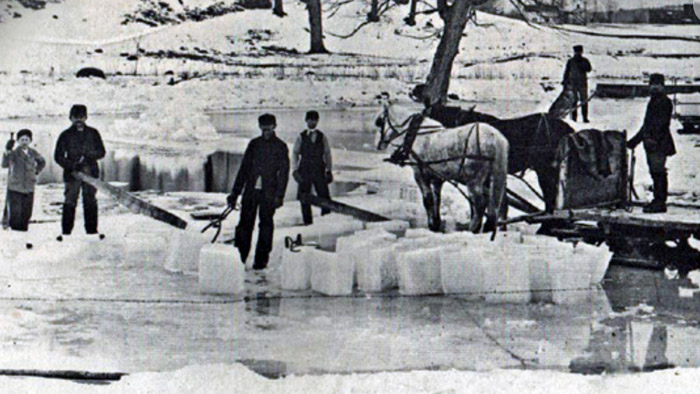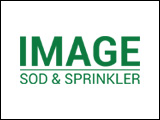The past two weeks Mennonite Heritage Village (MHV) has hosted the Clean Environment Commission hearing about a proposed silica extraction project in our region’s main aquifer. I heard a significant amount of scientific study and presentations for and against this project. As I listened, I reflected on how most of us take clean water for granted. There is so much in life that is now automated and controlled by us humans that we often lose sight of the value of the natural resources we receive and use.
Historically, Mennonites have always had a close connection with water. Whether it be learning to develop dikes in the lowlands of Holland, draining the swamps of the Vistula Delta (modern day Poland), or making use of the rivers of Imperial Russia. When Mennonite settlers arrived in Manitoba and Latin America one of their most vital needs was to find and establish a good source of water. They needed it for drinking (no bottled water in the stores in then), cooking, washing, fire control (wood barns filled with hay caught on fire easily), animal watering, and even for recreation (ponds and rivers made great swimming holes in summer and skating rinks in winter). However, it was not as abundant and easy to access for some.
For those that settled in the Rosenort / Morris / Niverville areas the aquifers were contaminated by brine deposits lower down and they had to rely on rainwater, river ice, and melted snow. We learned that not all water is readily useable. I’m sure many were thinking of leaving Manitoba. Fortunately, they could get water from the Metis, who hauled it long distances from the rivers with their hardy ox carts. Eventually, deeper wells were established (thanks to new businesses like Friesen Drillers) and safe water supplies were found. We could stay and live a good life.
In Canada, Mexico, and other areas where Mennonites reside, a safe and clean water supply is becoming increasingly strained. Today our houses are more numerous, our animal barns much fuller, and our precipitation less predictable. Let’s not add to the risk that our precious aquifers are already dealing with. More and more, there are less places with such a good supply of potable water as we have in south-east Manitoba. Although it easily comes to us hot and cold through pipes in our grounds, let us never forget our reliance on clean water for daily survival.
The past year I have talked to people across the Mennonite community in south-eastern Manitoba about this silica extraction project – not one is for it. I have heard a lot of apprehension. Let’s learn from history. Five centuries later we have realized that removing most of the wetlands in Europe was not good. We went too far. Let’s not make a decision today that will harm future generations. Once contaminated, aquifers cannot be made clean again.




